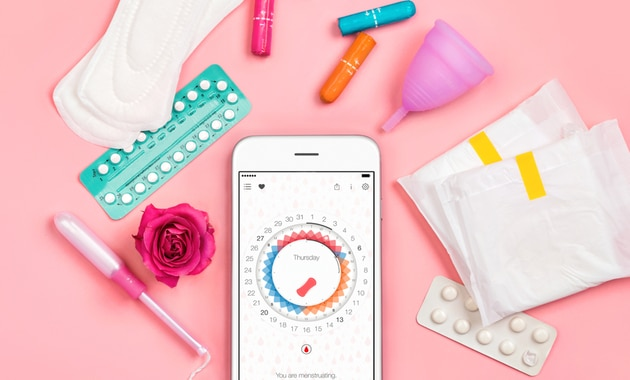
Menstrual hygiene management (MHM) refers to how women and adolescent girls deal with their menstruation (UNICEF, 2019). It involves making use of a clean material/sanitary towel to absorb menstrual blood, practicing good hygiene during periods. MHM also entails access to facilities to wash or dispose of used menstrual materials with dignity and in an environmentally responsible way.
In Nigeria, about 25% of women lack adequate materials for MHM (Water, Sanitation and Hygiene, 2017). In 2016, Loughnan et al stated that a woman is likely to spend an average of 3,500 days of her total lifetime menstruating, hence it is a crucial part of her life and should be properly observed to prevent infections and complications in the future.
Challenges of menstrual hygiene management
Below are some of the challenges associated with MHM in developing countries:
-
Lack of access to safe water and sanitary supplies;
-
Lack of privacy for MHM (Wilbur et al., 2019).
Consequences of improper MHM
Reproductive tract infections (RTIs) are sometimes a consequence of improper MHM and can result in various disabilities if not treated on time (Juyal et al., 2014). RTIs cause about 30-50% of prenatal infections in women (Garg et al., 2012).
Myths about menstruation
- Women are unclean in this period
- A physical touch from the opposite sex will automatically lead to pregnancy.
What other myths have you heard about menstruation? What challenges have you faced as regards menstrual hygiene?